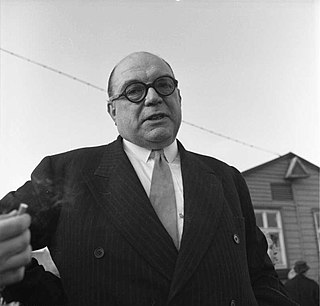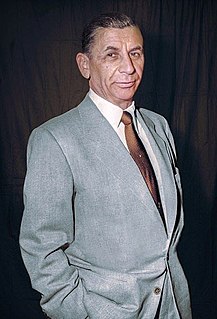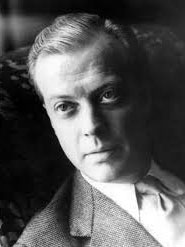A Quote by Sefton Delmer
Accuracy first,” I used to tell the writers. “We must never lie by accident, or through slovenliness, only deliberately!
Related Quotes
Every gay person must come out. As difficult as it is, you must tell your immediate family. You must tell your relatives. You must tell your friends if indeed they are your friends. You must tell the people you work with. You must tell the people in the stores you shop in. Once they realize that we are indeed their children, that we are indeed everywhere, every myth, every lie, every innuendo will be destroyed once and all. And once you do, you will feel so much better
These principles laid down as in variable rules: that one must pay a card sharper, but need not pay a tailor; that one must never tell a lie to a man, but one may to a woman; that one must never cheat any one, but one may a husband; that one must never pardon an insult, but one may give one and so on. These principles were possibly not reasonable and not good, but they were of unfailing certainty, and so long as he adhered to them, Vronsky felt that his heart was at peace and he could hold his head up.
All men lie when they are afraid. Some tell many lies, some but a few. Some have only one great lie they tell so often that they almost come to believe it... though some small part of them will always know that it is still a lie, and that will show upon their faces. (a servant in the House of Black and White)
It’s not enough to be able to lie with a straight face; anybody with enough gall to raise on a busted flush can do that. The first way to lie artistically is to tell the truth — but not all of it. The second way involves telling the truth, too, but is harder: Tell the exact truth and maybe all of it…but tell it so unconvincingly that your listener is sure you are lying.
As a writer, I was deliberately creating an alternate world, and then populating it with experiences and people that I knew in this world, but I'd shake up the mix considerably. And about the same time that the memoir was becoming the dominant popular literary form in the mid to late 90s, I started reading writers who were deliberately playing with the notion of "truth" and "fiction" - that struck me as a much more interesting way to tell certain stories, particularly in the realm of comedy.

































